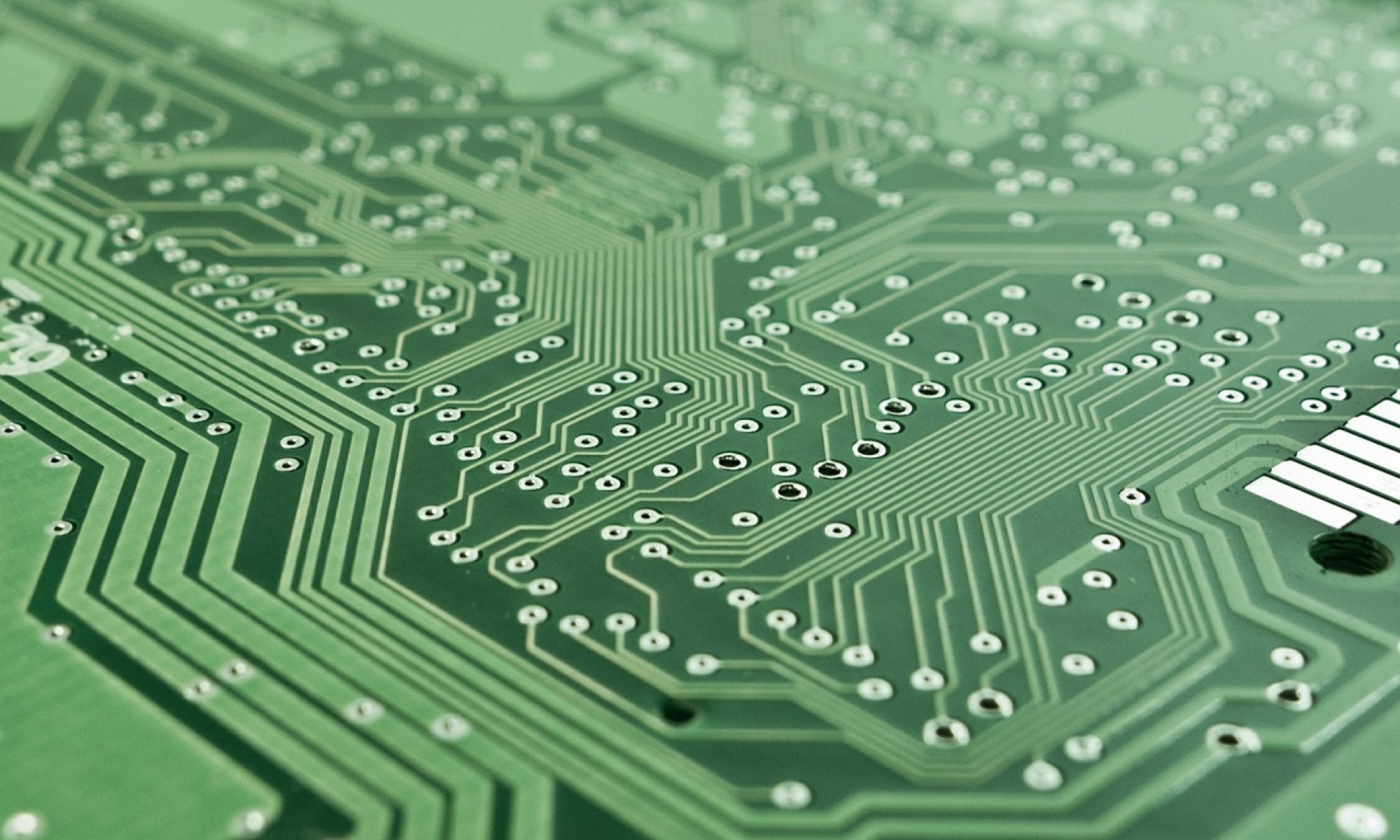 The Sustainable Electronics Initiative (SEI) coordinates a consortium on the campus of the University of Illinois at Urbana-Champaign of faculty, staff, and students involved with sustainable electronics research, educational opportunities, and operations. See the Campus Consortium page of the SEI web site for further information. For September we had hoped to arrange a presentation by a student group to update us on a printer cartridge recycling program in the College of Business, but this was not possible due to scheduling conflicts. In lieu of giving an update at a meeting, the students have graciously provided information for us to share via the SEI Blog.
The Sustainable Electronics Initiative (SEI) coordinates a consortium on the campus of the University of Illinois at Urbana-Champaign of faculty, staff, and students involved with sustainable electronics research, educational opportunities, and operations. See the Campus Consortium page of the SEI web site for further information. For September we had hoped to arrange a presentation by a student group to update us on a printer cartridge recycling program in the College of Business, but this was not possible due to scheduling conflicts. In lieu of giving an update at a meeting, the students have graciously provided information for us to share via the SEI Blog.
At the foundational meeting of our campus consortium late last year, T.J. Draper, a student in the College of Business, described setting up a recycling program for the cartridges in the College, through a company called Funding Factory. These efforts were part of the “Green Initiative” of a registered student organization called the Illinois Business Council, otherwise known as the BC. Although T.J. is no longer leading the BC Green Initiative, the current student leaders confirmed that the printer cartridge recycling program is ongoing. They provided the following summary of their efforts, along with information for other offices or RSOs interested in setting up a similar program:
“The Green Initiative collects electronic waste and ships it to an EPA verified remanufacturer in Pennsylvania, Funding Factory. Electronic waste consists of printer cartridges, cell phones, and other small electronics. The program primarily collects printer cartridges and toners as these are what our College of Business offices use the most. These cartridges are mostly remanufactured and sold to third parties such as Staples, to be sold again to consumers. Any materials that are not remanufactured are recycled. The data on the amount of materials remanufactured vs recycled can be found on the online sustainability report.
We currently have have 6 offices in the college of Business we collect from on a biweekly basis. On average we raise between $90 to $125 per semester, however our goal for this semester is $150. Last academic year we collected $222.70 total. All of the funds go to a charity of the New Member Class’s choice. Last semester we donated $97.90 to the Illini Service Dogs, a organization on campus.
Funding Factory was chosen because it is an organization that pays for the recycled material as well as provides free shipping, free packages to ship in, and incentives throughout the year. It is an easy to use system that allows for a greater return. Funding Factory also tracts the amount you have collected and reports the impact that was made on the environment as mentioned above. For example, in total of the materials we have collected 552.31 lbs have been remanufactured and 79.74 lbs have been recycled.
A great incentive Funding Factory also has is the ability to promote to other organizations. For every non-profit we recommend we will receive $50. With that being said, if you do find other organizations interested we would love it if you told them they were recommended by us and to follow these steps when signing up.
1. When they are registering, they should select Referred by Participant.
2. They should enter our code: 336843
3. They must send a package within 6 months of registering. ”
Thanks so much to Meagan and Joe of the BC Green Initiative for providing this overview of their printer cartridge recycling efforts! The code provided in their summary above would be the “Referral ID” for the BC Green Initiative when registering for a Funding Factory account at their web site.
Of course, other programs besides Funding Factory exist for entities interested in recycling electronic waste as a fundraising activity. ECO-CELL, TerraCycle, and EcoPhones are just a few other examples of such programs. If your RSO or office sets up an electronics recycling fundraiser, please contact me to share the information with our campus consortium. NOTE: Only personally owned electronics, or items not tagged as part of University inventory (such as printer cartridges) should be considered for such programs. University owned electronic devices must disposed of in accordance with established policies; see the Campus Consortium page and scroll down to “2/19/14: Campus Electronics Recycling Procedures” for more information. Also, if you’re aware of other such fundraising programs, contact me and I’ll consider them for inclusion on our Take Back and Donation Programs fact sheet (I’m working on revisions currently).
Names of businesses are provided for informational purposes only and should not be construed as endorsements.

